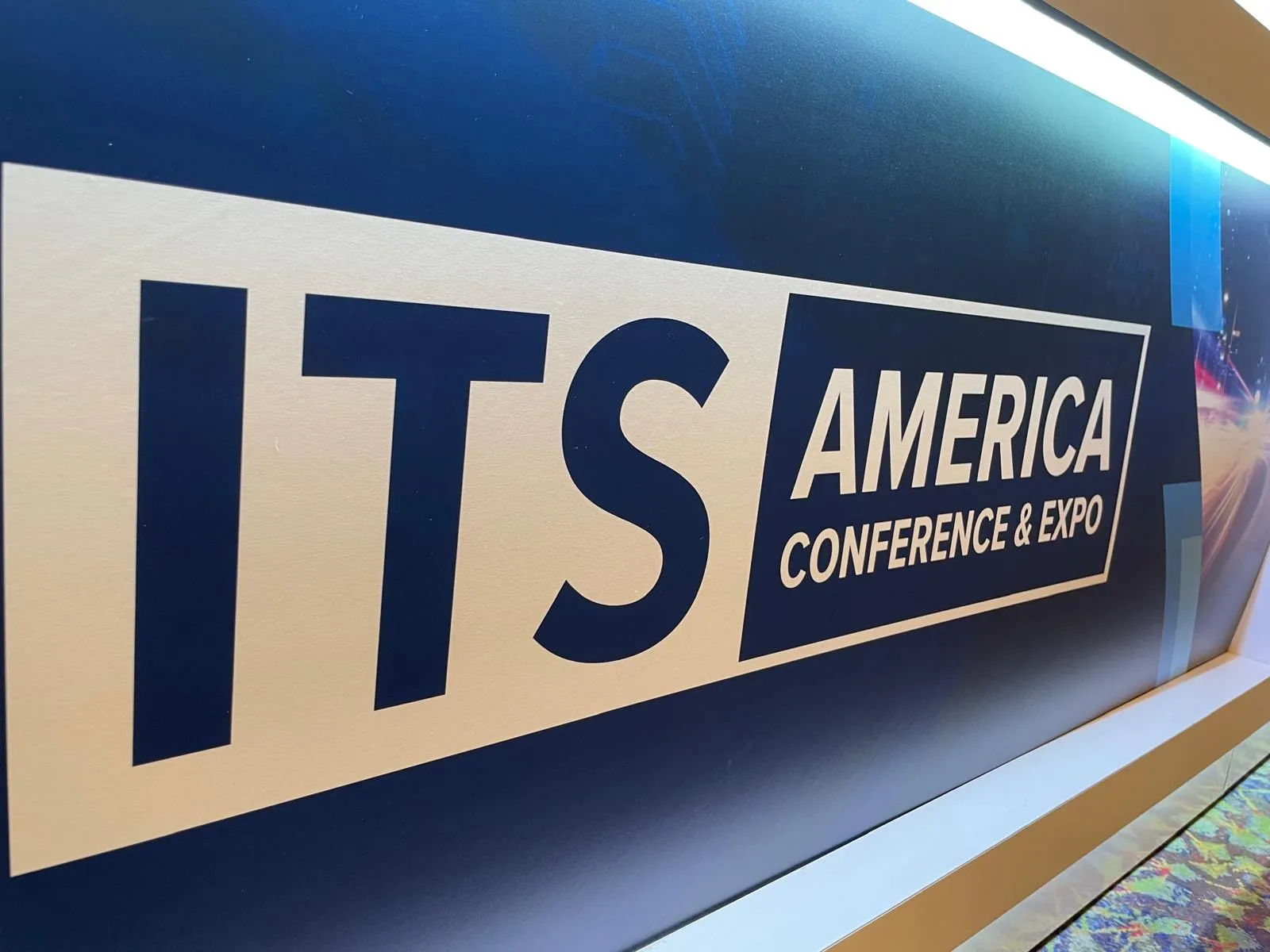Kapsch believes that the 6C Standard is a truly open communications protocol, and the ITC’s initial determination in this case supports this position, stating that the patents asserted by Neology are invalid.
Chris Murray, president and CEO of Kapsch TrafficCom North America, says of the decision, “Kapsch will continue to advocate for open-communication and RFID standards. This is to the good of the consumers and the entire economy as it facilitates national electronic tolling interoperability.”
Kapsch has been a strong proponent of open standards and interoperability within the electronic tolling solutions industry and market. Open standard communication protocols are critical to meeting the goals of the US Moving Ahead for Progress in the 21st Century Act (MAP-21), enacted in 2012, which mandates national agreement on tolling technologies and business practices to facilitate national electronic tolling interoperability. In support of this, Kapsch released and published its Open Standard Time Division Multiplexing (TDM) specification to the public in 2013, enabling open and free access to developers seeking to work with and implement the highly reliable and thoroughly tested TDM specification. The TDM protocol is currently utilised by the E-ZPass® Group, the largest interoperable tolling network in the country.
US judge finds in favour of Kapsch in legal action on tolling products
Kapsch TrafficCom North America is pleased to report that the US International Trade Commission (ITC) judge has ruled in its favour in a legal action brought by Neology, seeking to prevent Kapsch from importing certain electronic tolling products using the ISO/IEC 18000-6C communications protocol (6C Standard).
June 26, 2017
Read time: 2 mins









